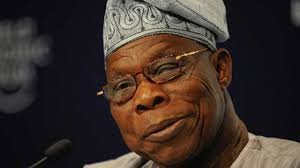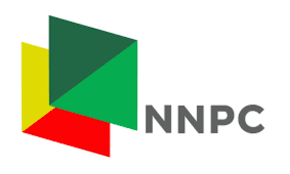Following the inauguration of the Steering Committee of the Open Government Partnership (OGP) by the Kano State Government, the Resource Centre for Human Rights & Civic Education (CHRICED) has felicitated with Civil Society Organizations (CSOs) in the State. In a statement signed by its Executive Director, Comrade Dr. Ibrahim M. Zikirullahi, CHRICED congratulated the CSOs Co-Chair on the Steering Committee, Abdulrazaq Alkali, whom it described as a tested and trusted activist with the capacity to galvanize CSOs to actively engage the OGP process in the interest of the good people of Kano State.
The statement read: “CHRICED is of the view that the inauguration of the OGP Steering Committee is a milestone in the struggle to rid the governance space of accountability deficits. The OGP Committee, notwithstanding the challenges and contradictions, will be instrumental in driving initiatives and efforts to deepen transparency and accountability in governance through a process of co-creation.
“The OGP as a multilateral initiative that aims to secure concrete commitments from governments to promote openness, will only succeed if it is driven by the aspirations of citizens working with their representatives in government. CHRICED believes that with steadfast and strategic implementation of its key elements, the OGP process can become the platform for reformers inside and outside of government in Kano State to develop initiatives that promote transparency and strengthen citizens’ participation.
The group admonished that as the OGP Steering Committee in Kano settles down for the herculean task ahead, there is a need for creative thinking, impactful ideas and resilient execution to make the process relevant in the lives of citizens in Nigeria’s most populous State.
“As such, CHRICED calls on the Committee to hit the ground running by immediately exploring some of the low hanging fruits in the quest for openness in governance. One of such priority areas where transparency is urgently required is the Zonal Intervention Projects also known as Constituency Projects.
“At the federal and state level, constituency projects would have been like the famous Marshal Plan of the United States of America with the capacity to bring developmental projects to the people at the grassroots. If it was allowed to work, the intended service delivery envisaged through constituency projects would have helped provide such basic amenities like rural roads, cottage industries, health facilities, recreational spaces and much more.”
The frontline civic group further noted that given the number of legislators from Kano State at the federal and state levels, constituency projects take a good chunk of public finances. “It is therefore logical to use the OGP process to strengthen accountability and citizen participation in the implementation of these projects across the state,” it said.



















